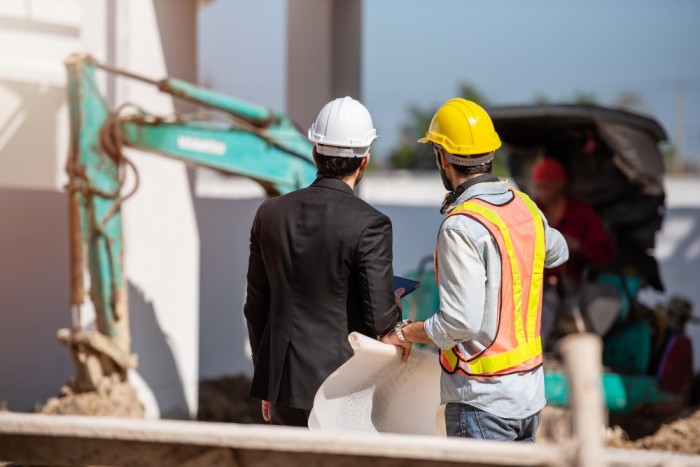Every successful construction project begins with a solid foundation, and that foundation is not merely about pouring concrete—it starts with thorough site preparation. Proper site preparation is the linchpin that ensures the final structure’s durability, safety, and cost-effectiveness for any construction project, particularly in the diverse landscapes across the United States. Here’s why prioritizing this initial phase is crucial and how it can save homeowners, businesses, and developers from potential headaches.
Understanding Site Preparation
Site preparation involves several key steps:
- Clearing the land.
- Surveying.
- Setting out the site.
- Soil testing.
- Ensuring proper drainage and soil stabilization.
Each component is critical in building a structure that will withstand and remain resilient against environmental challenges.
1. Clearing and Grubbing: The First Step to Stability
The initial step in site preparation is clearing the land of trees, vegetation, debris, and existing structures. This process, often overlooked in its importance, is vital. It prevents organic material from decomposing underneath the constructed building, which could lead to ground instability or pest issues. In regions with dense vegetation, like the Pacific Northwest or the humid Southeast, thorough clearing is essential to avoid moisture-related problems in the future.
2. Surveying: Mapping for Precision
Following clearing, a detailed survey of the site is essential. This helps map out the exact dimensions and topography of the land. Accurate surveying is crucial for ensuring the building complies with local zoning laws and construction codes, which vary significantly across the U.S. It also helps position the building appropriately on the lot to maximize natural light, drainage, and other environmental factors.
3. Soil Testing: The Ground Truth
The most telling part of the site preparation is soil testing. Different soils have different bearing capacities, and a failure to test soil can lead to differential settling, where parts of the building may sink unevenly. This is particularly important in areas with expansive clay soils, such as those found in Texas and Oklahoma, which can swell and shrink dramatically with moisture changes.
4. Ensuring Proper Drainage: A Flow Towards Sustainability
Proper drainage is another cornerstone of site preparation. Poor drainage can lead to water pooling around the building’s foundation, causing hydrostatic pressure that can weaken structural integrity. In regions prone to heavy rains or flooding, such as the Gulf Coast, effective drainage systems are indispensable to protect the foundation and prevent water-related damage.
5. Soil Stabilization: Securing the Base
Soil stabilization becomes necessary in areas with loose or highly sandy soils like California and Florida. Techniques such as compaction or the addition of stabilizing materials can prevent shifting and settling postconstruction. Ensuring that the soil beneath a structure is stable and capable of supporting it over time is essential for avoiding costly repairs due to foundation issues.
The Benefits of Thorough Site Preparation
Investing time and resources in comprehensive site preparation can offer numerous long-term benefits:
Cost Efficiency: Identifying and mitigating potential problems early in the project can significantly reduce future expenses related to structural repairs or legal issues due to non-compliance with local regulations.
Safety: Proper site preparation enhances the structural safety of the building, protecting both human lives and property.
Project Timeliness: A well-prepared site minimizes unexpected complications that can cause delays during construction.
Environmental Protection: Effective site management, including erosion and sediment control, helps protect the surrounding environment during and after construction.
In conclusion, the importance of proper site preparation must be addressed. It is a fundamental process that affects every aspect of a construction project, from legality and safety to longevity and cost-efficiency. Whether it’s a residential home, a commercial building, or an industrial facility, starting with a meticulously prepared site is the best way to ensure a smooth construction process and a stable, enduring structure. By understanding and implementing the critical steps of site preparation, developers and builders can avoid many future problems, paving the way for successful projects across the American landscape.

